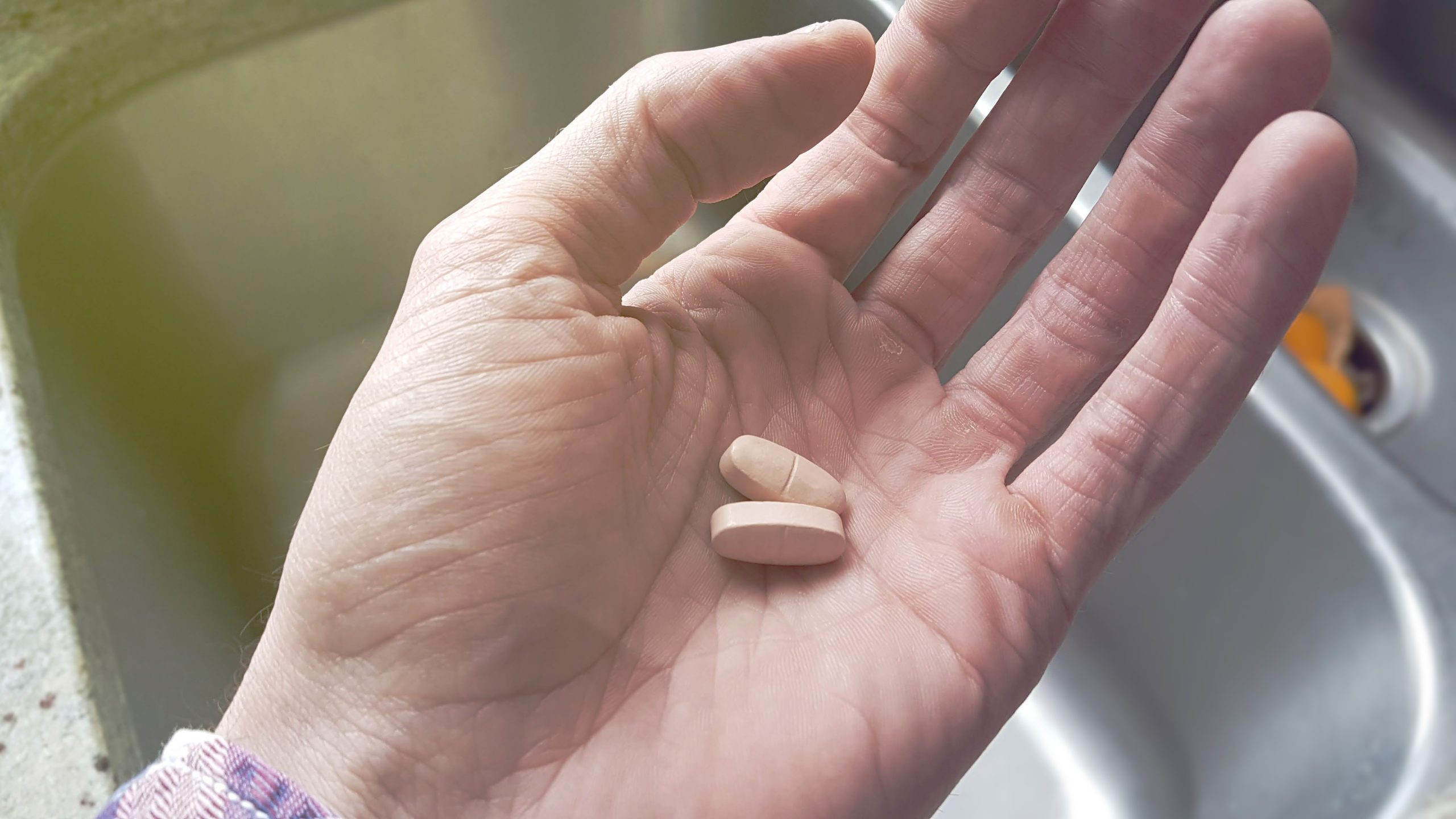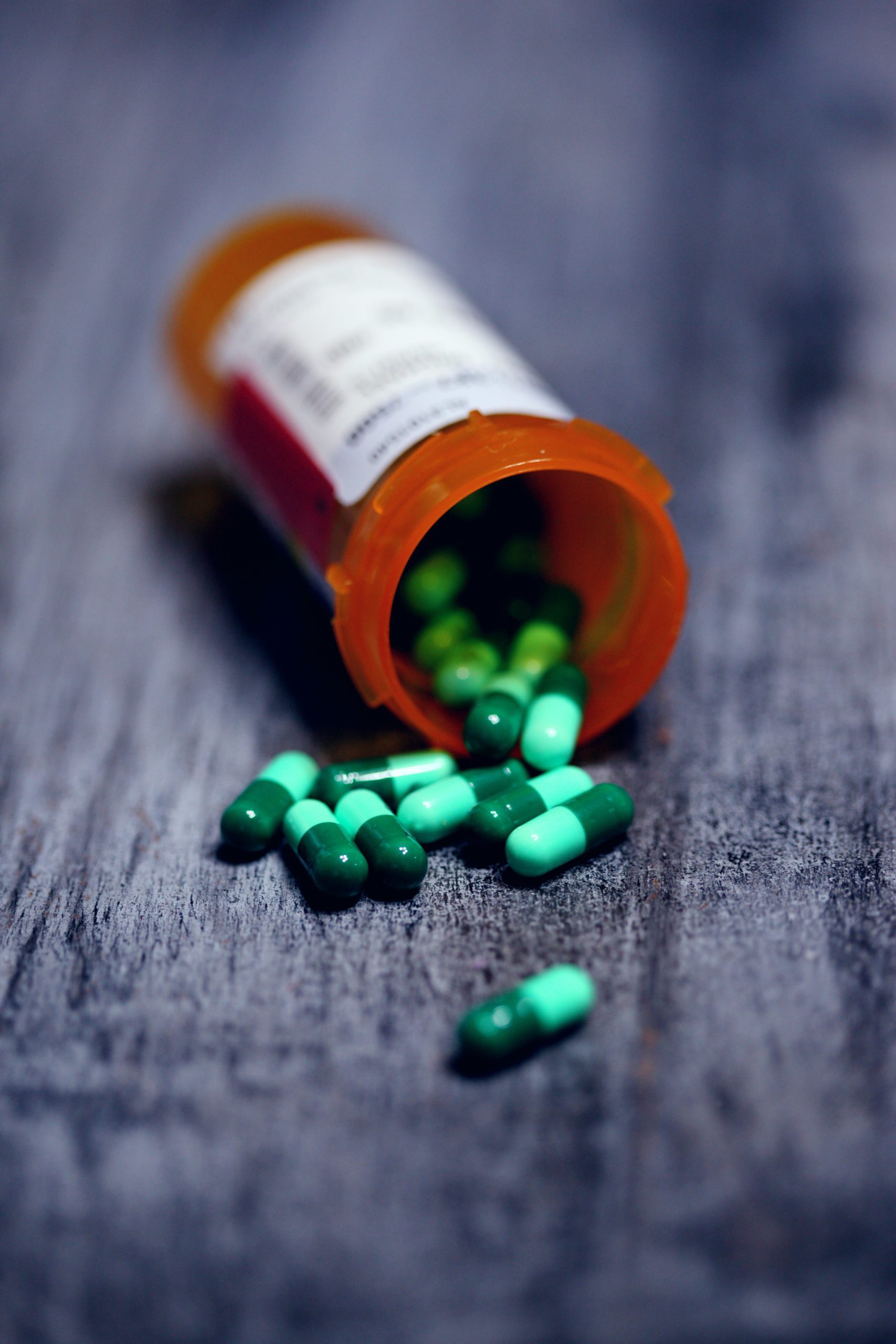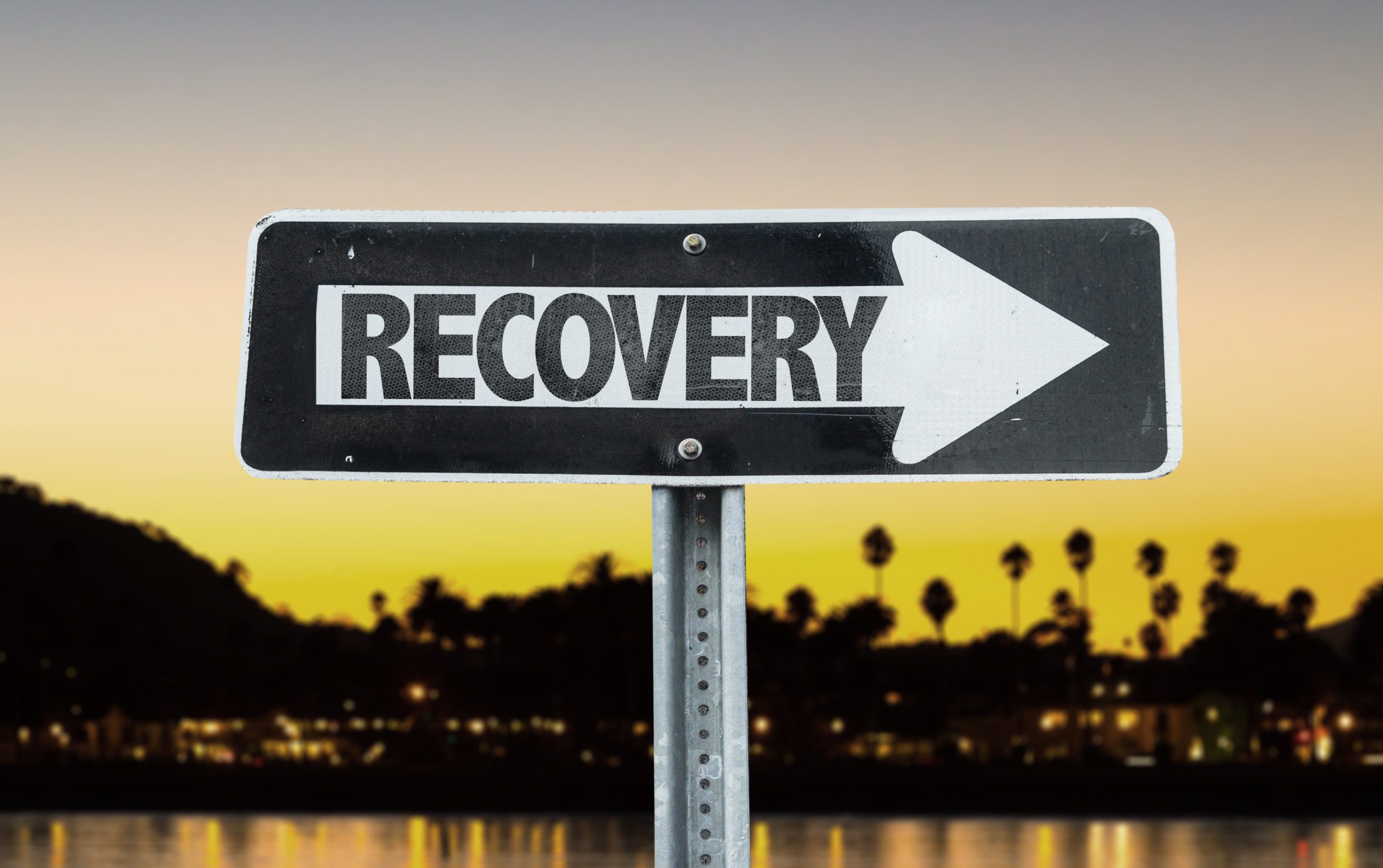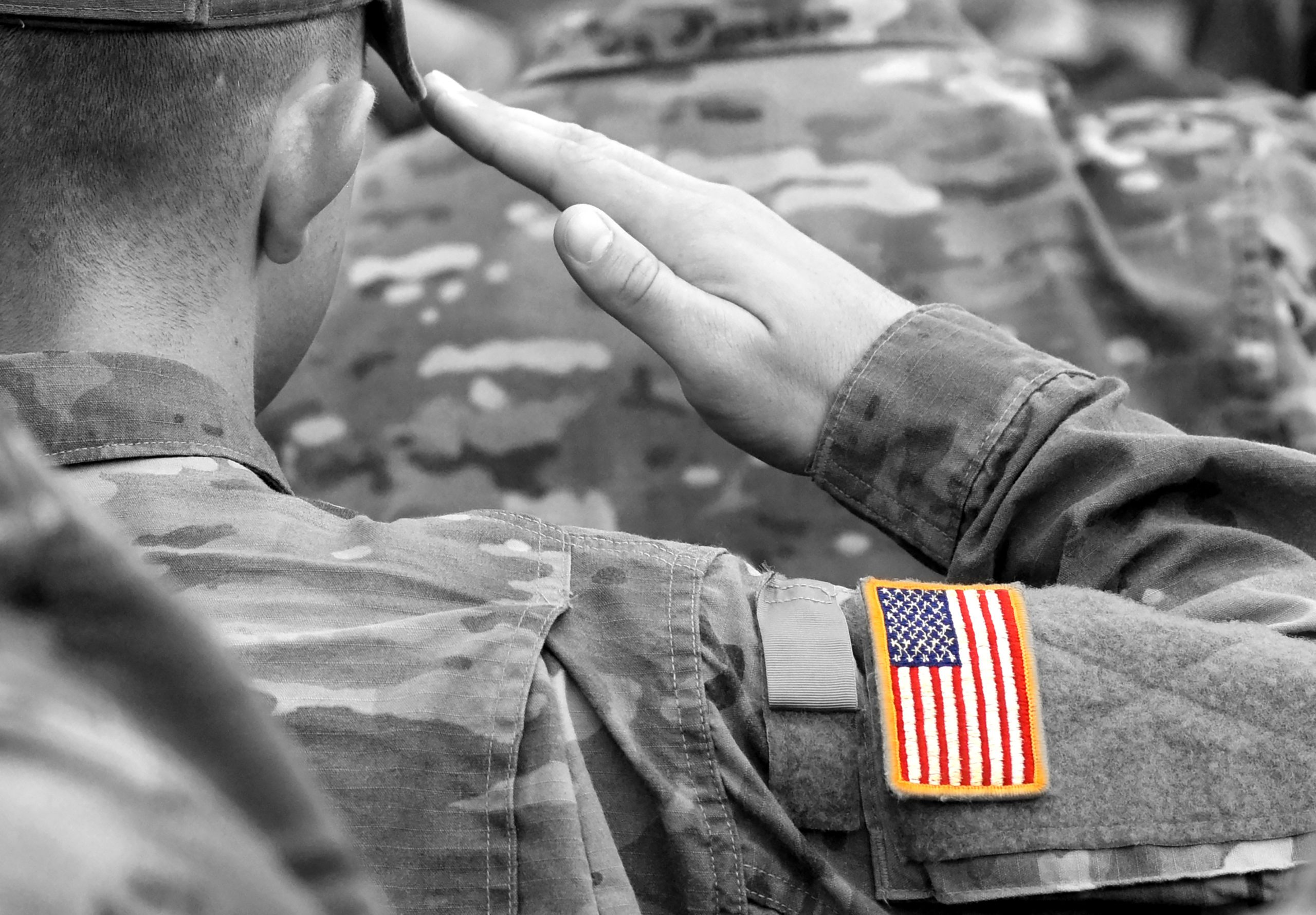An image of a well-dressed, attractive man sitting alone with a glass of whiskey in his hand, reflecting the hidden struggles of high-functioning addiction in men and the emotional toll it takes.
Continue readingWhy You Should Go to Inpatient Heroin Rehab
How to Safely Detox From Benzos
The Best Books on Codependency and Addiction
Finding an Alcohol and Drug Evaluation Near Me
Why You Should Consider Alcohol Detox Centers in California
Alcohol is among the most widely accepted addictions you can find in the United States, it’s just utterly normalized.
For some, it remains an occasional, but controllable, habit. One that they can quit or cut back on without much effort or stress.
We can call those the fortunate ones.
For others, like with drug addiction, there’s a line that gets crossed where alcohol takes control and dictates what happens each day. It’s known as an alcohol use disorder (AUD) and it affected 14.1 million adults over the age of 18 in 2019 according to the National Institute on Alcohol Abuse and Alcoholism (NIAAA).
AUD exists on something of a spectrum or continuum from mild to moderate to severe and the more severe the case of alcoholism the more dangerous it becomes, particularly in relation to detoxing.
What Are Alcohol Detox Centers in California?
Alcohol detox centers in California are exactly what they sound like; specialized facilities where you can detox from alcohol under the counseling and supervision of trained medical professionals.
Detox is truly the very first step on the road to recovery. Addiction to anything, be it alcohol or drugs, is both physical and mental but to be able to work on the mental side you first need to break the physical addiction.
That’s what detox is all about.
At an alcohol detox facility you’ll be guided safely through the process of ridding your body of toxins. In some cases, for more severe addictions, it’s possible to take medication to assist with the detox process. Utilizing medications can lessen the cravings and help to alleviate, mitigate and take the edge of the harsher withdrawal symptoms.
Medications like naltrexone, an FDA-approved option that can be incorporated into the treatment itself after detox, reduce cravings and help with maintaining sobriety.
Why You Shouldn’t Detox from Alcohol Alone
If your addiction is on the serious side and your body is essentially fully dependent on alcohol to function, detoxing on your own can be particularly dangerous. That danger is compounded dramatically if you attempt to quit cold turkey and basically yank the rug from under your body.
Moreover, with intense and prolonged alcoholism you also run the risk of encountering a severe form of withdrawal known as delirium tremens or DTs. DTs are marked by “profound confusion, autonomic hyperactivity and cardiovascular collapse” which can ultimately be fatal.
While only 3% to 5% of those with severe alcohol go through this, the mortality rate is over 35%.
Even if your alcohol use disorder is milder though, going it alone represents an uphill battle.
Withdrawal is never easy or pleasant, no matter the level or degree of your alcohol use disorder. If you’re alone, that discomfort can grow unbearable to where it can feel like the only solution is just downing some drinks to quiet the storm brewing inside.
Critically, being by yourself through this process means you also lack a proper support system or network of people to lean on. Something that goes a long way when working through withdrawal symptoms.
And, of course, detox isn’t treatment and it isn’t recovery. You can be fooled into thinking that getting the alcohol out of your system means you’re good to go but the underlying causes of your alcoholism remain untouched which means a quick relapse is more than likely.
What to Do After You Go to an Alcohol Detox Center
After detoxing in a dedicated facility staffed with medical professionals, it’s time to take the next big step on the road to sustained sobriety: rehab.
Fortunately, treatment for alcoholism is something we focus on at Valley Recovery Center at Agua Dulce and it’s something you can transition to straight from our detox program. Reach out to us today to learn more about our detox program and how we can help you achieve lifelong sobriety.
Is Quitting Xanax Cold Turkey Dangerous?
Quitting any drug cold turkey comes with some degree of discomfort but with Xanax that discomfort can turn into a very serious medical issue.
Stopping in an instant and doing it without proper supervision or guidance carries the risk of seizures, psychosis and more.
So, is quitting Xanax cold turkey dangerous?
Yes, it is.
Nonetheless, it is doable but the risk and agony are hardly worth it when detox and withdrawal under the supervision of medical professionals can mitigate all the dangers to such a great extent.
The recommended course of action for freeing yourself from the clutches of Xanax – and the entire benzodiazepine family of drugs – is to taper off the dosage slowly with the support and planning of addiction experts.
What Is Xanax?
Xanax, the brand name for alprazolam, is a benzodiazepine “used to treat anxiety disorders and panic disorder…It works by decreasing abnormal excitement in the brain” according to the National Institutes of Health (NIH).
In other words, it’s a sedative.
Incidentally, if you click the link above, you’ll notice an extensive and lengthy warning about Alprazolam before you see any information about the drug itself.
The most important section for our purposes is this:
“Do not stop taking this medication or take fewer doses without talking to your doctor. Stopping alprazolam suddenly can worsen your condition and cause withdrawal symptoms that may last for several weeks to more than 12 months. Your doctor probably will decrease your alprazolam dose gradually”
Despite the dangers, the abundance of those suffering from anxiety and panic disorders in America has made Xanax “the most commonly prescribed psychotropic medication in the United States” as per the NIH.
The National Institute on Drug Abuse (NIDA) found that from 1996 to 2013, “the number of adults who filled a benzodiazepine prescription increased by 67%”. In 2013 alone, 48 million prescriptions were dispensed.
Why Is Xanax Addictive?
In scientific terms, “benzodiazepines [Xanax] bind to the GABA-A receptor… The major inhibitory neurotransmitter GABA, when bound to the GABA-A receptor, mediates the calming or inhibitory effects of alprazolam on the human nervous system”.
In layman’s terms, Xanax slows down brain activity and helps calm you, which is why it’s known as a central nervous system depressant as well as a sedative.
Worth noting that this is also why mixing benzos like Xanax with alcohol can be catastrophic, the two depressants intensifying the effects of each other dramatically – potentially even leading to death.
Aside from the ability to live free from anxiety and panic, the addictive nature of Xanax is owed largely to the release of dopamine in the brain. You get addicted to the rush of “feel-good” chemicals – the reward – and once you build a tolerance, you naturally begin to crave more and begin taking higher doses.
Is Quitting Xanax Cold Turkey Dangerous?
This of course brings us back to the main question, is it dangerous to stop taking benzos, Xanax specifically, abruptly.
It very much is.
Withdrawal symptoms from Xanax span quite a range and can be extremely intense for some.
- Panic and anxiety
- Shaking
- Sweating
- Seizures
- Grand mal seizures (aka tonic-clonic seizures which are characterized by intense muscle spasms and loss of consciousness)
- Delirium
- Hallucinations
- Psychosis
- Muscle aches
- Hyperventilation
- Insomnia
- Depression
To say withdrawal can get uncomfortable is an understatement.
Therefore, the first step and safest step towards quitting Xanax is to do it under the care and supervision of experts who not only will develop a systematic and individualized plan for tapering your dosage (if that’s what’s best for you) but will also walk you through it and be there with you every step of the way.
Learn more about overcoming a Xanax addiction by reaching out to us at Valley Recovery Center at Agua Dulce.
Finding a Drug Addiction Rehab Near Me
Finding a Rehab That Accepts TRICARE
Are Veterans Prone to Drug Addiction?
To say that life in the military is stressful is as obvious as saying the sky is blue. It’s a known thing and unfortunately, it just goes with the territory of serving.
Every aspect is taxing both mentally and physically from the rigors of training through to the harrowing experience of deployment.
It takes a toll. The whole thing. You don’t need a Hollywood biopic to know and sympathize with that.
Once you’ve decided to move on, the often difficult transition to civilian life awaits. While some folks are able to deal with it in a healthy way, others struggle mightily.
It’s not uncommon for men to develop a substance use disorder (SUD) to help them cope with Post-Traumatic Stress Disorder (PTSD) from what they’ve been through – particularly if they were in combat situations.
To that end, veterans with drug addiction are a real issue.
Do Veterans Suffer From Drug Addiction?
The short answer is yes. Yes, they do.
As the Department of Veterans Affairs (VA) puts it, “Studies show PTSD and substance use problems are strongly related in people who served in the military and in civilians. Some people try to cope with PTSD symptoms by drinking heavily, using drugs, or smoking too much”.
The VA goes on to point out that “2 of 10 Veterans with PTSD also have SUD”.
According to the National Institute on Drug Abuse (NIDA), “among recent Afghanistan and Iraq veterans, 63% diagnosed with SUDs also met criteria for post-traumatic stress disorder”.
Additionally, as the National Center for Complementary and Integrative Health (NCCIH) says, veterans experience a “higher prevalence of pain and more severe pain than nonveterans, with young and middle-aged veterans suffering the most”. This led to an increase in opioid prescriptions for veterans as well as an increase in misuse.
Most troublingly is how this all leads to increased suicide rates among veterans. Rates that are notably higher than that of the civilian population.
Back in 2014, 20 veterans died by suicide every day as per NIDA.
In 2016, “the suicide rate was 1.5 times greater for veterans than for non-veteran adults, after adjusting for age and gender”.
A recent study didn’t mince words and put it in more straightforward terms saying, “in summary, veterans demonstrate high rates of SUDs”.
How Can Veterans Get Help with Drug Addiction?
Given all that those who’ve served have gone through and what they continue to go through long after they’ve served with respect to substance abuse and addiction, what can be done?
The first thing is to acknowledge that there’s a problem. You can’t fix what you don’t recognize as broken and getting your loved one to the point that they know they need assistance is critical to the success of the treatment.
The next step is finding a rehab center that is a good fit for them.
At Valley Recovery Center at Agua Dulce, for example, we specialize in treatment for alcoholism and drug addiction, with particular attention to opioids and benzodiazepines. Many of the substances veterans might turn to in their time of need.
Let VRC Agua Dulce Help You or Your Loved One Today
Once you’ve found the right place, it’s time to detox. Detoxification is imperative because it’s impossible to work through the mental aspects of addiction in residential inpatient care – i.e., talking through military experience in individual and group settings with trained and licensed professionals – without first breaking that physical dependency.
It may be comforting to know that our treatment center is a men’s only facility, something that could help your loved one feel more at ease about going to rehab.
If there’s a veteran in your life suffering from addiction, reach out to the Valley Recovery Center at Agua Dulce to learn about the steps you can take to help them.












